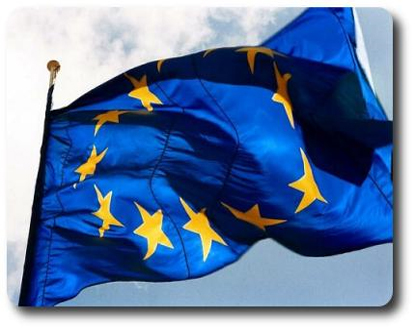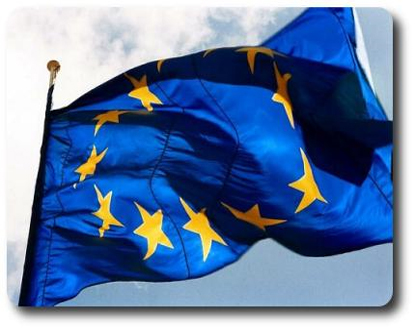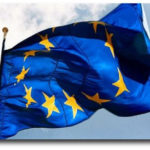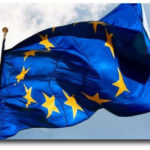The rights of man and citizen: This is the underlying theme of the upcoming European elections. France, heir to the Enlightenment, homeland of the Declaration of the Rights of Man and of the Citizen, has a special responsibility in safeguarding the founding values of modern democracy with the philosophical conception of the State and the Nation at stake.
 Clearly, human rights should be extended to everyone, especially at a time when migrants wander in search of fortune to escape civil, and often physical death in their country of origin.
Clearly, human rights should be extended to everyone, especially at a time when migrants wander in search of fortune to escape civil, and often physical death in their country of origin.
These rights were recognized at the beginning of the Revolution of 1789, but were integrated and separated from the rights attributed to the citizens of the Nation. Thus, democracy was born, and the Nation ceased to be the property of absolute monarchs. From there emerged equality before the law, sovereign people, the constitutional pact, and the separation of powers, the founding principles and pillars of democracy.
This was the legacy of the Enlightenment, enriched but also tainted throughout the 19th and 20th centuries by the emergence of liberalism, socialism, liberal socialism but also, unfortunately, fascism, Nazism, Leninist and Stalinist communism.
The divide between the rights of man and citizen would mark the end of an era that questions nationalism by transforming it into a regression populism that denies any possibility of building a European homeland.
The risk of this regression is very serious and is the cause of the conflict between populists and those who work for European construction.
In fact, populism fights against a global society rather than correcting the errors and predominance that investment banks and multinational corporations have today.
It is this vision and practice that democrats must oppose, and on the contrary, promote the notion of rights and duties, the emergence of democratic societies, and European fraternity beyond and above borders.
We must be nationalists and internationalists at the same time and fight for the ideals that are now in danger. The historical past is a way to guide us in the present and awaken hope for the future.
Our national sentiment must be lived intensely just as our European homeland must be built with conviction and fervor.
by Garibaldino




